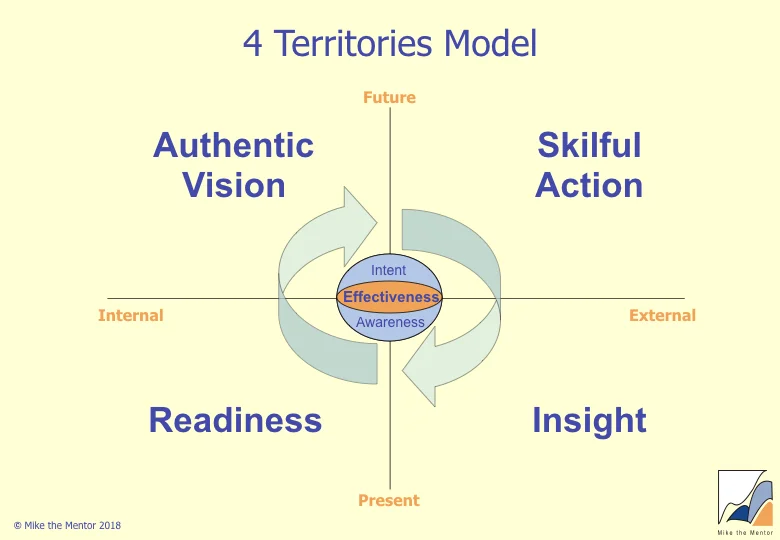The CEO's Trusted Advisor
/CEOs' jobs are like no-one else's in the organisation. No-one else:
is so starved of unbiased information
so needs to hear hard truths
is such a target for criticism of the business
is the final arbiter in so many vital business decisions and thus so vulnerable to self-doubt
has no true peers and is so intensely alone.
For these reasons and others, CEOs need close, long-term relationships with trusted professionals. In Confessions of a Trusted Counselor in the September 2005 Harvard Business Review, David Nadler identifies the six most common dilemmas facing such advisors and suggests resolutions to them. These are issues which coaches and mentors face every day in coaching executives as well as CEOs:
Is my ultimate loyalty to the CEO who pays for my services - or to the institution which pays for his? Nadler wonders whether, if he unearths doubts about the CEO's competence or character, he has a responsibility to share the information with the board? 20 years ago he would have answered "no"; today he would say "yes". To diffuse such loyalty issues, he raises them at the start of the relationship.
How much and what kind of information should I convey between employees and the CEO? Nadler refuses to act as a messenger because otherwise he weakens or circumvents the organisation's management processes and relationships - even though being a prized source of information might be an attractive way to demonstrate his worth!
Can I share my opinions about individual employees without inappropriately inserting myself into the assessment process and internal politics? Nadler has 3 rules: never rush to judgement; do not take decisions lightly; and always remember that my job is to help the client make the right decision, not to make the decision for them.
How do I immerse myself in the CEO's view of the world without making it my own? In working effectively with CEOs Nadler seeks to balance empathy with objectivity. Easier to start with, this becomes increasingly difficult over time as the relationship deepens. He suggests speaking regularly to people of different minds ranging from mild doubters to outright dissidents to keep a grip on reality.
How do I prevent my privileged position going to my head? For Nadler, the simplest treatment for an inflated ego is to self-administer regular doses of humility. He reminds himself that his access to the CEO is a function of his job. It is not a sign of power.
If the CEO and I like each other personally, can we - should we - become friends? Nadler suggests that the best consultant-CEO relationships are characterised by candour and a clear recognition of each other's frailties, tempered by genuine affection and easy rapport. They balance strong personal bonds with strong personal boundaries - but they never lose sight of the purpose of the relationship.
Nadler's experience clearly has important lessons for coaches. The most important resource we have as coaches to help us address these and similar dilemmas is coaching supervision.

